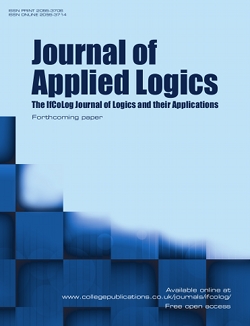 | Asserting Boo! and Horray! Pragmatic Logic for Assertion and Moral Attitudes
Assertion and Proof special issue
Daniele Chiffi
The present paper puts forward a formal and pragmatic treatment of the Frege-Geach problem and other related problems usually associated with logical connectives for sentences expressing moral attitudes within an extension of logic for pragmatics (LP), a logic for acts of assertion. First, we present the Frege-Geach problem, showing its relevance for distinguishing asserted from non-asserted contexts in logical inferences. Second, we introduce the basic elements of LP, underlying its capacity to clearly disambiguate asserted from unasserted contexts. Third, we extend LP into ELP, a pragmatic logic for expressive sentences, and provide a suitable way to deal with the Frege-Geach problem. Fourth, our framework is compared with classical expressivist systems and we clarify how in ELP it is possible to provide a plausible answer to the remaining logical problems regarding expressive sentences. Finally, we show the relation between assertion and attitudes in our perspective and suggest an outline to implement ELP as a logical base for different kinds of expressivist systems.
|

